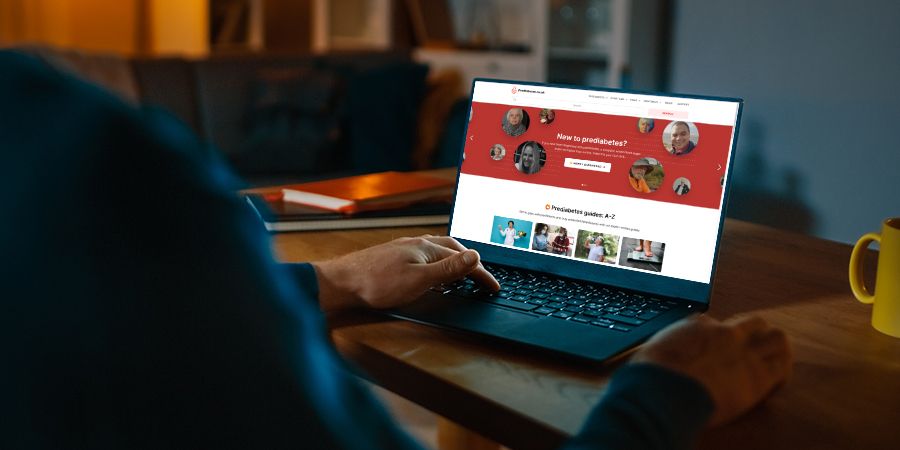A new digital platform for people at risk of developing type 2 diabetes has launched today.
Prediabetes or borderline diabetes occurs when average blood glucose levels are higher than normal, but not high enough to be diagnosed as type 2 diabetes.
The International Diabetes Federation predicts that 992.4 million people worldwide currently have prediabetes, with an estimated 3.6 million people affected in the UK.
Prediabetes.co.uk provides comprehensive information, guidance and support on prediabetes including its symptoms, risk factors, treatments, and guidance on how prediabetes can potentially be reversed through lifestyle change.
- ‘Pre-prediabetes’ prevented by active brown adipose tissue, study reports
- Measuring the age of sperm can predict pregnancy success, new study says
The website has been launched by DDM Health as a direct response to a survey completed by 7,133 people with prediabetes earlier this year. The new website was established to address the pitfalls people with prediabetes face, such as insufficient awareness of the condition and its treatments.
Charlotte Summers, Founding Chief Operations Officer at DDM Health: “We listened to the prediabetes community and identified several key themes which demonstrated that people at risk of type 2 diabetes wanted no-nonsense guidance on how to manage the condition and on how to reverse it, or place it into remission.”
“Since 2015, we have invested over £4 million in research and conducted almost a dozen studies that have demonstrated prediabetes and type 2 diabetes do not have to be chronic and progressive. We are delighted to launch Prediabetes.co.uk to support more people to better health.”
Evidence that metabolic conditions such as prediabetes and type 2 diabetes can be reversed has been demonstrated by the Diabetes.co.uk community for over a decade.
Three-quarters of people who engage with the Diabetes Forum report a better understanding of their condition after 6 months, with 54% reporting improved HbA1c, a measure of average blood glucose levels.
It is intended that the platform will empower people to take back control of their health through guidance and support, while also supporting overburdened healthcare systems.




